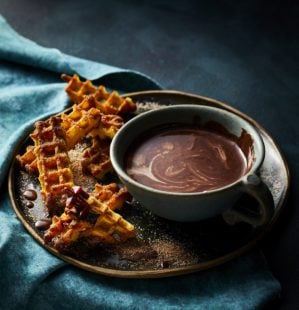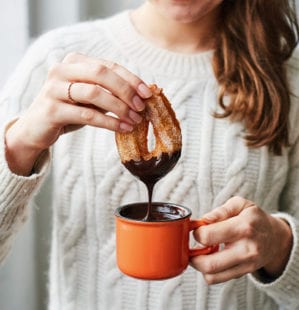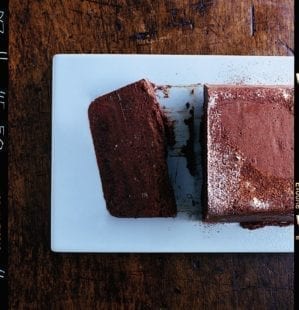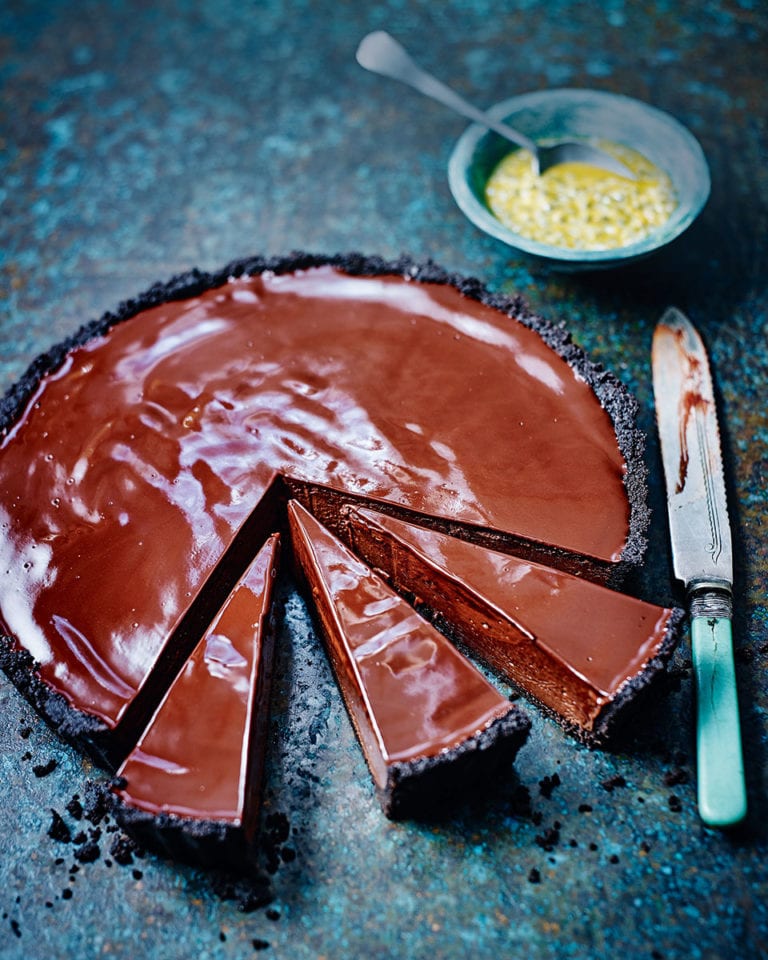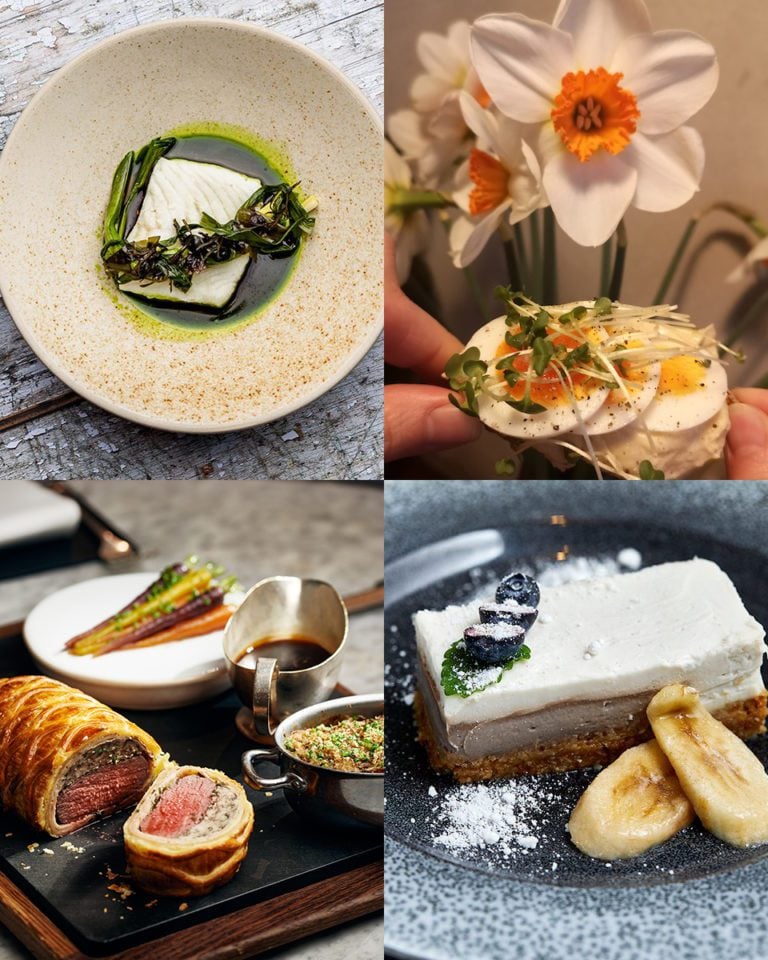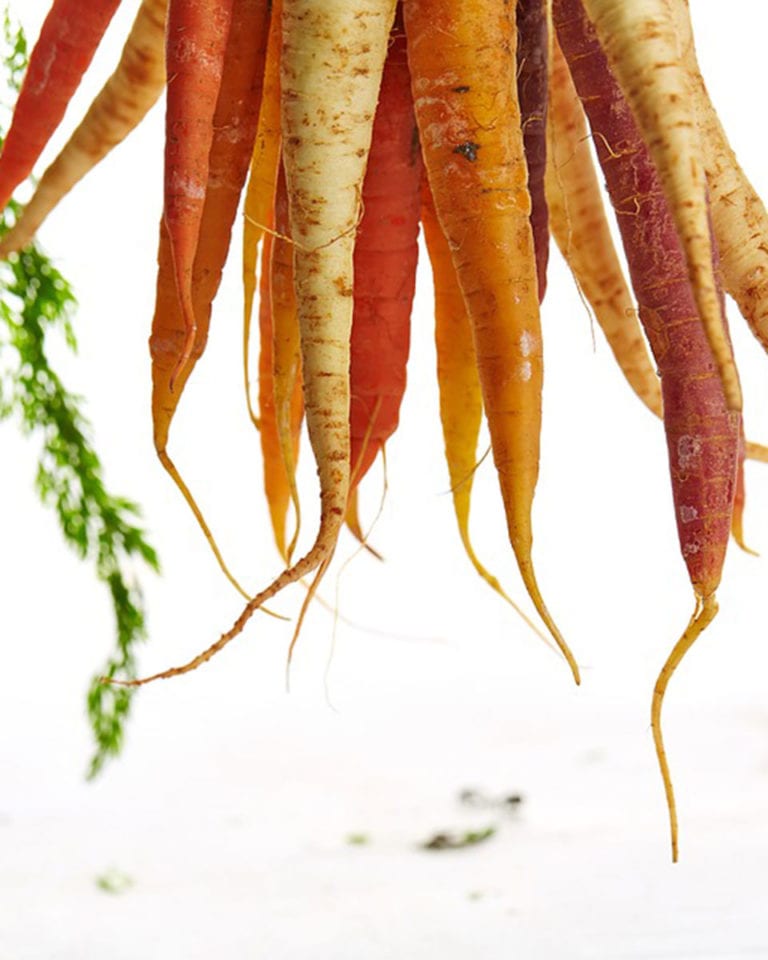Which chocolate is considered sustainable?
It’s rare to find a person who doesn’t love chocolate. In the UK we consume an average of 11kg each per year, so our buying choices make an impact. But if you want to buy ethically, how can you tell which promises on labels are nothing more than hollow marketing blurbs? With the shops full of chocolate eggs, it’s a good time to consider which brands to buy, so we’ve asked Dr Lily Kelting to help you do just that
Once you’re all clued up, don’t forget to check out our top 10 chocolate recipes of all time for inspiration.
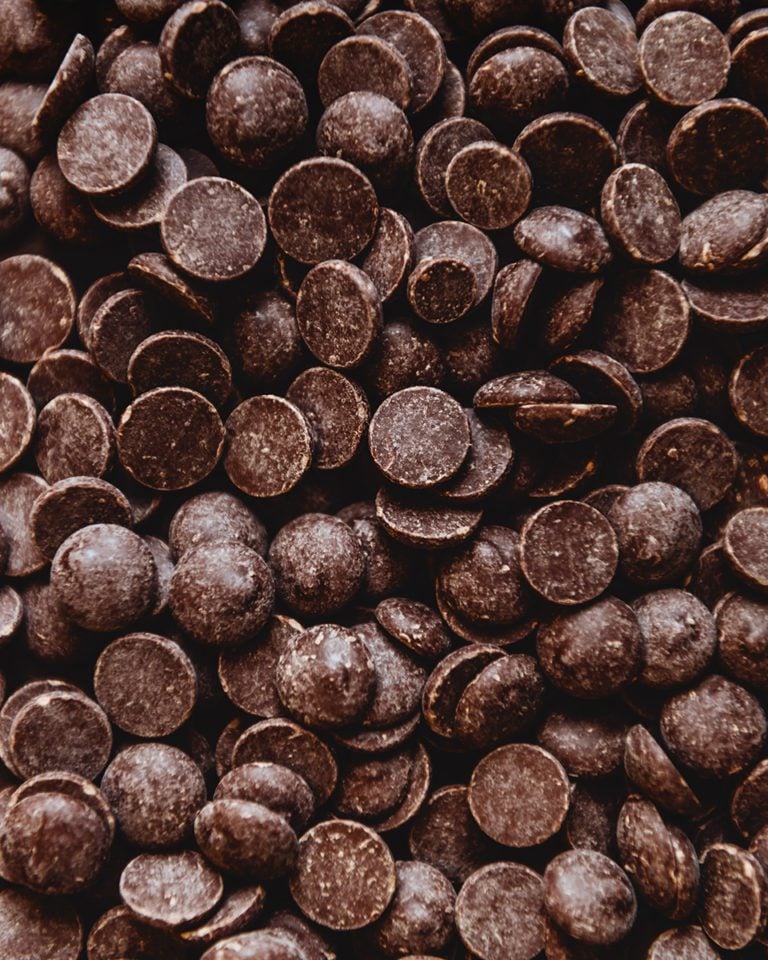
There are certain products that, thanks to revelations about their natural resources-hungry production, you might think twice about buying (we’re looking at you, avocados). It’s a bit harder when the decision involves chocolate, but the good news is you can buy your favourite treat with a clear conscience.
The challenge is seeing beyond the marketing hype and judging which brands are ethically best to buy. As Ayn Riggs, founder of advocacy organisation Slave Free Chocolate, says, “We vote with our purchases” – you do have the power to bring about change.
Chocolate is an agricultural product, so it’s important to pay attention to how it’s grown and be prepared to pay for the whole process.
First of all, what is chocolate?
It comes from the small evergreen tree Theobroma cacao, which grows in the Tropics. Cacao farmers harvest the fruit pods, then ferment and dry the seeds and flesh inside. These dried seeds are shipped to chocolate makers, who crack them into nibs, roast the beans and grind them into a flowing mass. Sugar and any additional cacao butter are added. The chocolate is then tempered, packaged and sold.
So chocolate is just cacao and sugar?
Well, no. You might also see emulsifiers on the label, such as soy lecithin, or artificial flavours like vanillin. The red-flag additives to look out for, though, are unspecific ‘vegetable fats’. Many industrial chocolate makers cut costs by replacing cocoa butter with palm oil or its derivatives: a huge hit to the bar’s quality and taste, as well as being devastating in terms of palm oil’s negative environmental impacts.
Craft chocolate makers are proud of the unadulterated taste of their chocolate. “You won’t buy an ethically good bar of chocolate twice if you haven’t enjoyed it,” says Duffy Sheardown, whose Lancashire-based handmade chocolate brand Duffy’s is a pioneer of ethical sourcing in the UK. “The main reason to enjoy craft chocolate is to appreciate the wide range of flavours from the cocoa beans – we just try not to ruin them.”
Why is sustainability so important to the chocolate industry?
Because chocolate is an agricultural commodity, every step of the cacao-growing process has ecological ramifications. Decisions such as whether to grow the tree from seed or from grafts; whether to intercrop cacao plants with other tropical trees or grow them in open plantation fields; whether to grow heirloom varietals or pest-resistant hybrids – all have sustainability impacts.
As a consumer, it’s not viable to search out information about individual cocoa plantations, but it makes a difference if you support small growers and craft makers who are making decisions with sustainability in mind (see some of our picks for Easter here). When you buy a bar of ethically produced craft chocolate, part of what you’re paying for is the protection of biodiversity and the prevention of habitat loss. Paying £7 for a 70g bar of chocolate seems only fair.
Read the label (see below for what to avoid). And remember this: if a bar of chocolate seems cheap, it’s the planet that’s bearing that cost.
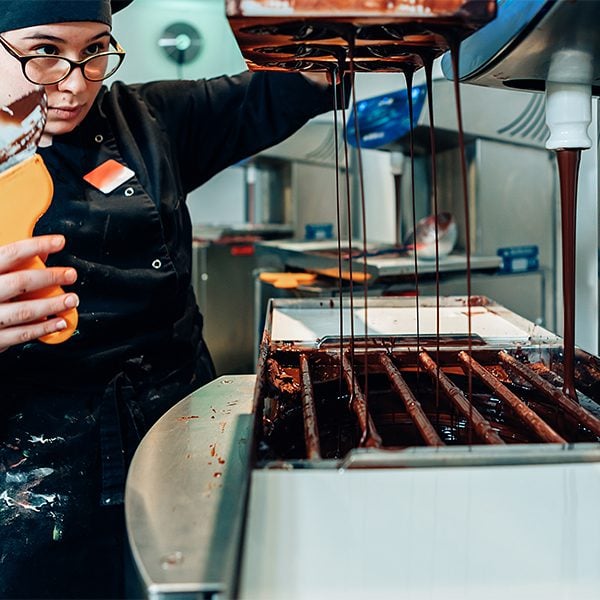
Chocolate is an agricultural product, so it’s important to pay attention to how it’s grown and be prepared to pay for the whole process.
What about the farmers who grow the cocoa?
Unfortunately, the problems with the chocolate industry are more than environmental. Seventy per cent of the world’s cacao is produced in West Africa and, according to the Rainforest Alliance, about 87% of cocoa-growing households in Côte d’Ivoire earn below a living income. Poverty is just the tip of the iceberg. The West African chocolate industry is fuelled by human rights abuses. A 2011 Tulane University study reported that over two million children were engaged in cacao farming in Côte d’Ivoire and Ghana, many of them kidnapped or sold into slavery by their parents.
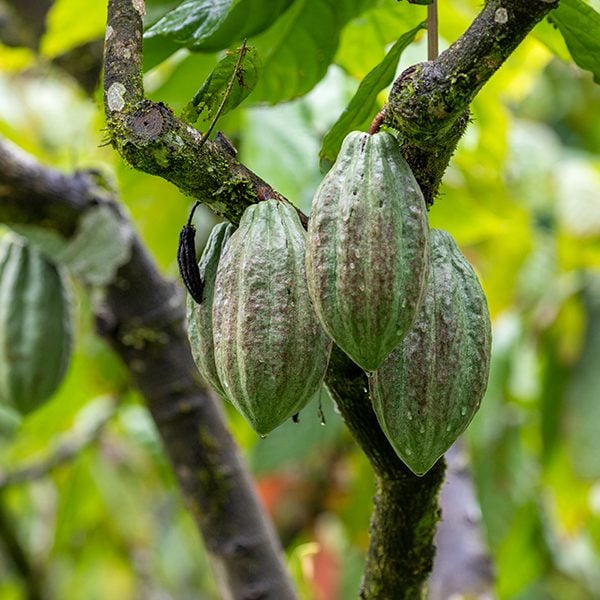
The good news is that it doesn’t have to be this way. By choosing the right chocolate, says Ayn Riggs, “you can reward the many small chocolate companies that are making chocolate using cocoa that isn’t tied to slavery”. Slave Free Chocolate has a buying guide for brands that are actively fighting child enslavement in cocoa-growing regions.
Can I trust the regulation certification on the bar?
To an extent, yes – but there are limitations. Fairtrade is the biggest and best-known certification for cacao beans, but it only accounts for a small portion of the market. Fairtrade prices are higher than the open market, but the open market caters mainly to mass consumer products with less of an eye to quality – the price is kept low as the main players are large producers with economies of scale. It’s difficult to guarantee that the →
small farmer is making a living wage.
Another independent certification is B Corp, an audit that looks at social and environmental impacts. Valrhona and Tony’s Chocolonely both carry the B Corp logo – a positive as they’re widely available brands. The B Corp assessment only goes as far as the labour practices in Europe, though, not on the cocoa farms themselves – so the logo only tells half the story.
The Rainforest Alliance certification focuses on environmental factors. The Washington Post reported in 2019 that UTZ, then the largest certifying agency of cacao and now part of the Rainforest Alliance, “certified farms in Ivory Coast that were more likely than other farms to have child labourers… putting in more work deemed dangerous, such as working with machetes and insecticides”. In response the Rainbow Alliance has promised to improve its auditing practice and strengthen its certification process, implementing a “credible and workable system of checks and balances”.
The large size of the certification companies, long chains of command and the small size of individual farms make it easy for mistakes to be made. As a result, many ethical promises on the label can fall short of transparency.
Buying slavery-free, child-labour-free chocolate is the best way to combat human rights abuses. Do your research and shop for the shortest possible supply chain.
Labelling schemes are a great place to start, but in practice they don’t ensure fair wages or fair working conditions on cacao plantations.
What’s ‘direct trade’?
Broadly speaking, direct trade aims to build long-term relationships between makers and growers. It focuses on paying above-market commodity rates, but there’s no real, legal designation. Chocolate makers that use the direct-trade model, such as Willie’s Cacao in Devon, Pump Street in Suffolk, and Original Beans in Amsterdam are obsessive about transparency, publishing annual reports and getting third-party audits to ensure they’re doing things above board.
Direct trade aims to build long-term relationships between makers and growers
Often direct trade also means that chocolate makers work with communities to develop new initiatives aimed at mutual benefit, like building schools or wells, doing profit-sharing or other forms of mutual accountability. Divine Chocolate, for example, pioneered a co-ownership model with the Ghanaian Kuapa Kokoo Farmers’ Union. Two Kuapa Kokoo members sit on Divine’s board, meaning the union not only has a stake in the dividends but also in the institutions’ leadership.
So, what’s the good news?
There’s never been a better time for craft chocolate than right now. You can find smaller producers who champion growers, source directly and offer transparency.
Chocolate has the potential not only to be enjoyed sustainably but also to be a force for good. Willie’s Cacao sources the chocolate for its hot cocoa mix from an NGO in Medellín, Colombia. This organisation, Cacao for Peace, promotes economic and social stability in the region by helping farmers transition from growing coca leaves (used to make cocaine) to cacao.
Cacao plantations have long and painful histories, worked for centuries by enslaved people and indentured labourers. The small island of Sao Tome, off the coast of West Africa, was a major producer of sugar and cocoa as a colony of Portugal. Now, Sao Tome is home to the cacao farmers’ cooperative CECAQ-11, whose beans are used in Divine’s organic chocolate. The cooperative has over 1,000 farmers, ensuring fair compensation and stable markets. Member farmer Hortência Pina sees the cooperative as a way to move forward: “I’m able to replace my old trees with new, more productive ones.”
Now’s the time for change. It’s amazing to think how much impact a small treat can have on so many people and our planet.
What the labelling means
Ethical cocoa On its own, this is just advertising copy. Look closely at the brands’ sourcing to substantiate these claims.
Bean to bar This originally meant a chocolate maker was importing cacao beans to make its chocolate bars, rather than buying industrially produced cacao mass from a third party. Now, the term’s use is broader. Chocolate makers who are sourcing more directly sometimes use phrases such as ‘tree to bar’ or ‘farm to bar’.
Single origin The beans used to make this bar all came from one country or growing region. If a specific country isn’t listed, the chocolate is probably bought in a larger shipment as a pre-made commodity.
Single estate The beans used to make this bar came from a single plantation. As a rule, the more transparency the better. Choose brands that proudly list the names of specific growing regions, plantations – or even farmers.
Raw This isn’t actually a marker of sustainability or quality. It just means the chocolate hasn’t been roasted – which many consider a key part of chocolate making, as it opens up many flavour compounds.
Find out more at Slave Free Chocolate and Cocoa Runners.
Subscribe to our magazine
Food stories, skills and tested recipes, straight to your door... Enjoy 5 issues for just £5 with our special introductory offer.
Subscribe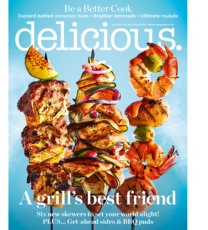
Unleash your inner chef
Looking for inspiration? Receive the latest recipes with our newsletter
